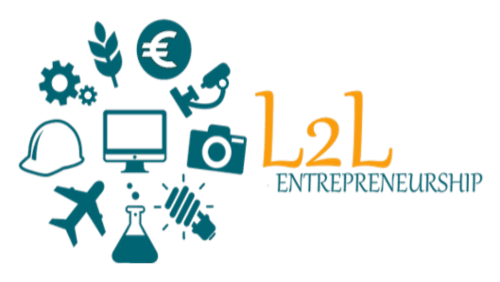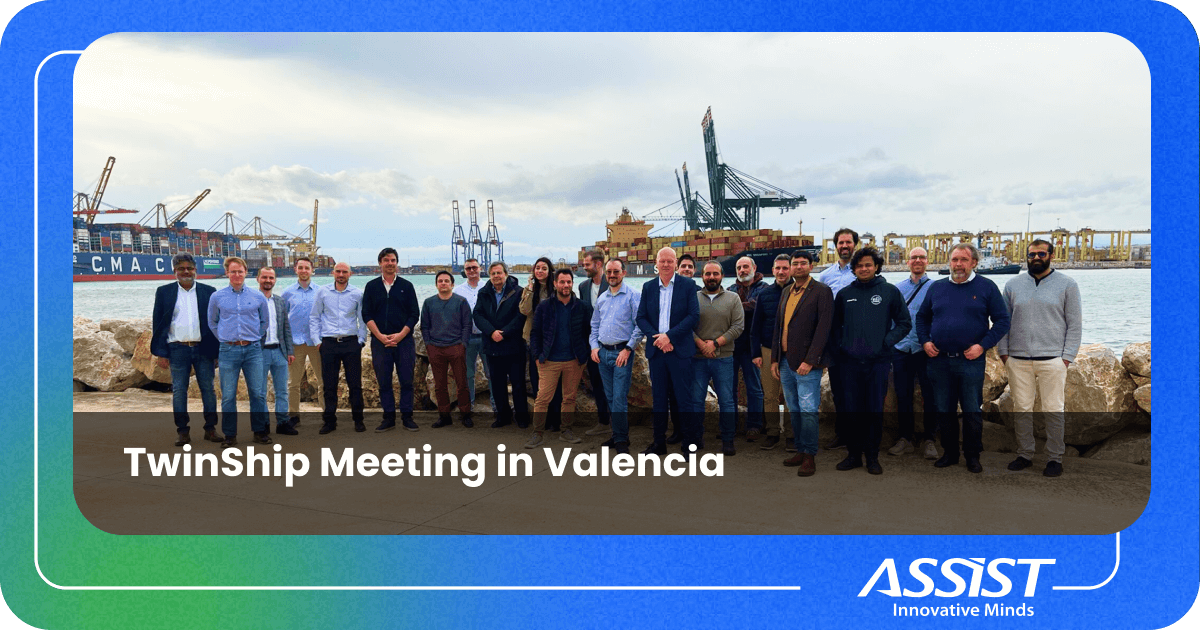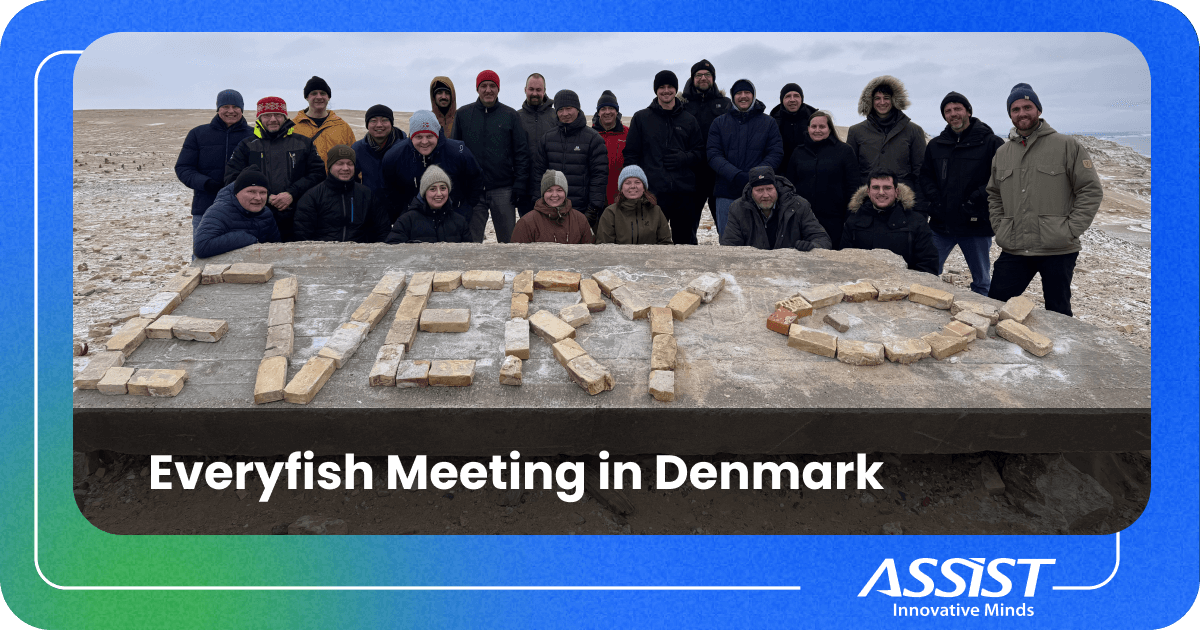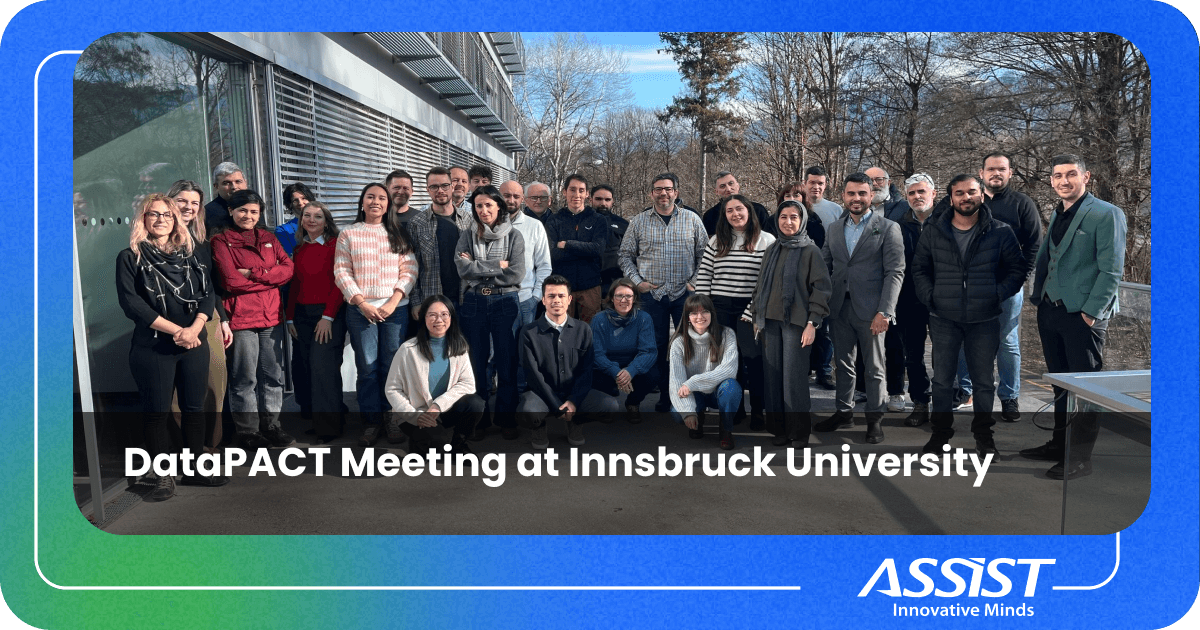L2L Entrepreneurship Erasmus+ Project 2nd Newsletter

The first nine months of theErasmus+ project L2L Entrepreneurship are over. The time was mainly used for dissemination purposes, to introduce the project to relevant stakeholders, create and maintain the project's Facebook page and website and start to prepare the structure and contents of the project training course.
The second transnational partnership meeting of the project L2L Learning to Learn Entrepreneurship was held in Rome, Italy, on 25 and 26 February 2016 and was organized by the Italian partner ERIFO. One of the main outcomes of the meeting was the Skeleton for the L2L training course. Contents and structure of the different modules of the training course were discussed during the meeting and the Skeleton was established with the contribution of all partners as well as the technical advice of the Romanian partner ASSIST.
During the first day of the meeting, the partners discussed the course development, both in terms of target groups and structure, since these are the basis for the next steps. They also discussed the e-learning platform, defining its architecture and about the results of the research on the entrepreneur profile.
The first part of the second working day was dedicated to financial reporting and communication and dissemination strategy. The lead partner, AJEV, explained the rules that need to be followed to collect the necessary documents. During the last hours of the meeting, the partners analyzed the upcoming tasks and defined the deadlines according to the project application timeline.
According to the results of the second partnership meeting, the training contents will be developed in the following months and a draft version will be ready to be discussed during the next Partnership meeting in Greece.
The training course will be promoted through the Project channel sand social media (L2L Facebook Group), as well as through the website of each partner. The course will consist of 5 Modules with “innovation peels” in each of them and each partner develops one module.
The L2L training course will address the following target group:
- Young people, especially low skilled
- Trainers and educational staff
- Potential entrepreneurs.
The third transnational meeting will be held in Volos, Greece, in July 2016. The meeting will be hosted by the Greek partner Career Services Office (CSO) of the University of Thessaly. The training course will be promoted through the Project channels and social media (L2L Facebook Group), as well as through the website of each partner. The course will consist of 5 Modules with “innovation peels” in each of them and each partner develops one module.
The L2L Entrepreneurship Project is co-funded by the ERASMUS+ program of the European Union and submitted under key action: cooperation for innovation and the exchange of good practices, action type: strategic partnerships, with the project number: 2015-1-ES01-KA202-015594.
The L2L Entrepreneurship project is formed of 6 partners from 5 countries (Spain, Romania represented by our company - ASSIST Software, Italy, Greece, and UK).



